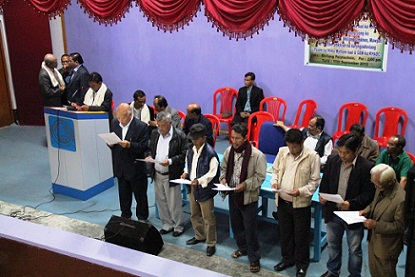
SHILLONG, SEPT 15: Traditional administrators was issued fresh ‘Sanad’ (appointments) to restore their powers and dignity stripped by the Meghalaya high court last year barring them from issuing of certificates and questioned their source of power.
On Tuesday about thirty Rangbah Shnongs were administered oath of office that allows them to exercise their duties as per rule and purportedly will withstand judicial scrutiny.
“The fresh sanad issued here is ‘totally different’ and ‘better’ than the earlier sanad because it empowers the traditional headmen to exercise their powers to issue certificates to residents in their respective villages as per rule,” remarked president of Mawlai Town Dorbar SD Khongwir at the opening of the meeting for issuing of fresh sanads to the 30 headmen from Pynthorumkhrah-Mawpat and Nonshynshar Shnong of Shilliang Umkhen under Mylliem Syiemship and Mawlai Town Durbar.
The oath of office was administered by the Syiem of Hima Mylliem, Latho Manik Syiem, to the headmen before issuing them the sanad in the presence of the Khasi Hills Autonomous District Council (KHADC) chief PN Syiem.
Terming the occasion as historic, Syiem said, “The passing of the Rules as per the United Khasi Jaintia Autonomous District (Appointment and Succession of Chiefs & Headmen) Act, 1959 has to the extent help end the current stalemate which the traditional institutions and heads faced.”
“The KHAD (Appointment and Succession of Chiefs & Headmen) Rules, 2015 is applicable to the entire Khasi hills region empowering and allowing the traditional heads to exercise their powers to issue certificates to the people,” he added.
According to him, the decision to have the rules in place came in the wake of the last year’s Meghalaya High Court ruling which has clipped the powers of the traditional headmen from issuing certificates until and unless they are empower by rule or law.
Stating the importance of having a single platform to address issues concerning the indigenous community, Syiem said, “With this intention in mind, we have formed the Federation of Traditional Dorbars (comprising the district council, dorbar hima, dorbar raij and dorbar shnong) which will be the mouthpiece of the indigenous community.”
“The FTD is a platform where issues of the indigenous community will be given top priority by forgetting party affiliation and other differences,” he said while proposing the need to have an electoral system to elect representatives from the district council, dorbar hima, dorbar raij and dorbar shnong to the FTD, to ensure that district council do not take decision without taking into consideration the views of all the stakeholders.
Appealing to all concerned to oppose the fresh draft bill of the state government, the KHADC chief said, “How can the traditional and customary laws be legislated by the secretariat, which has no traditions?”- By Our Reporter



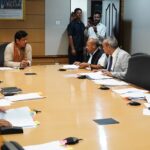


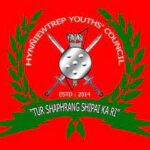





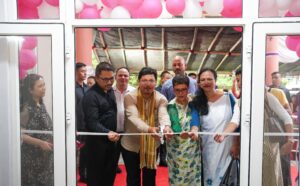

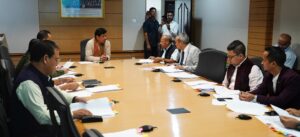
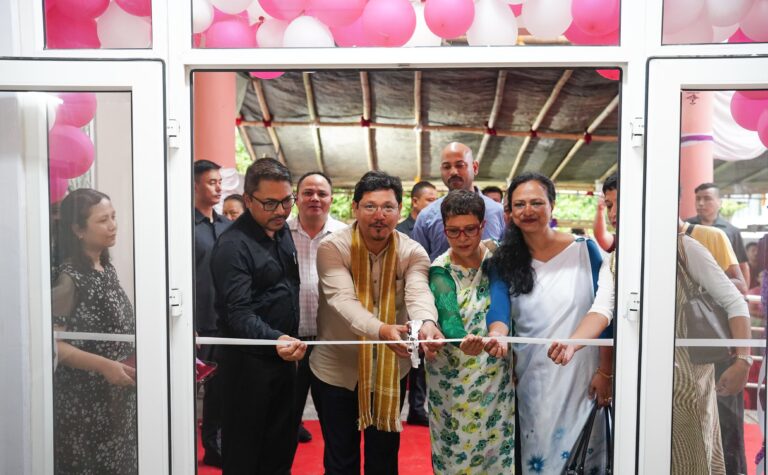
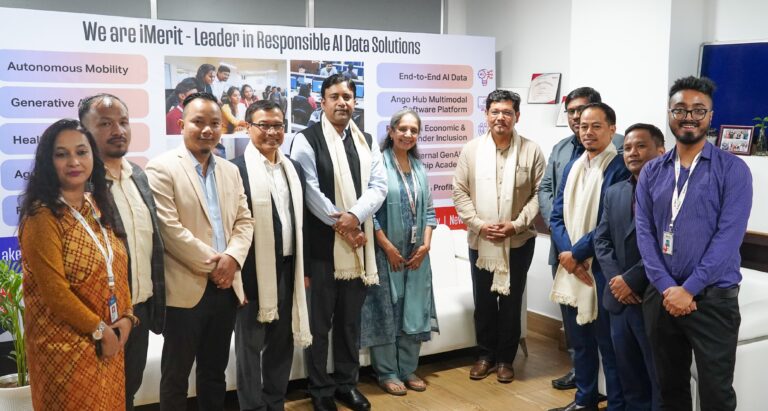
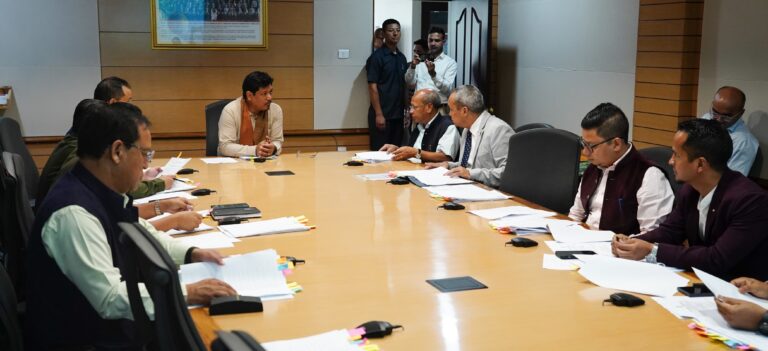
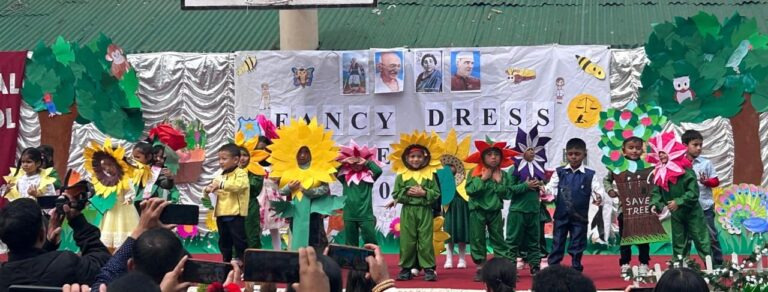
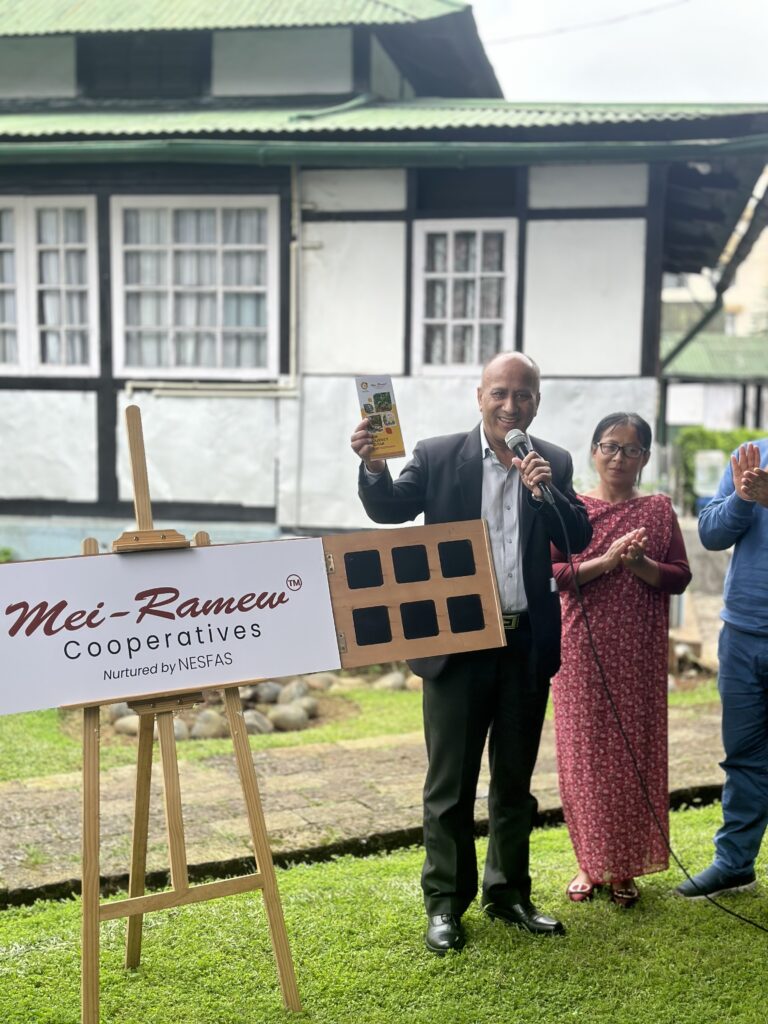
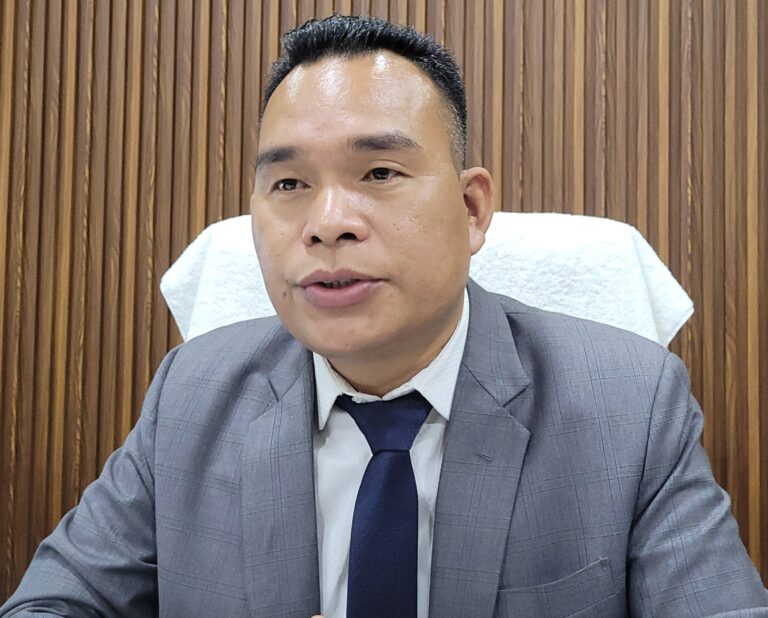
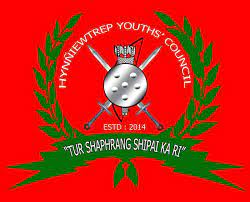


+ There are no comments
Add yours